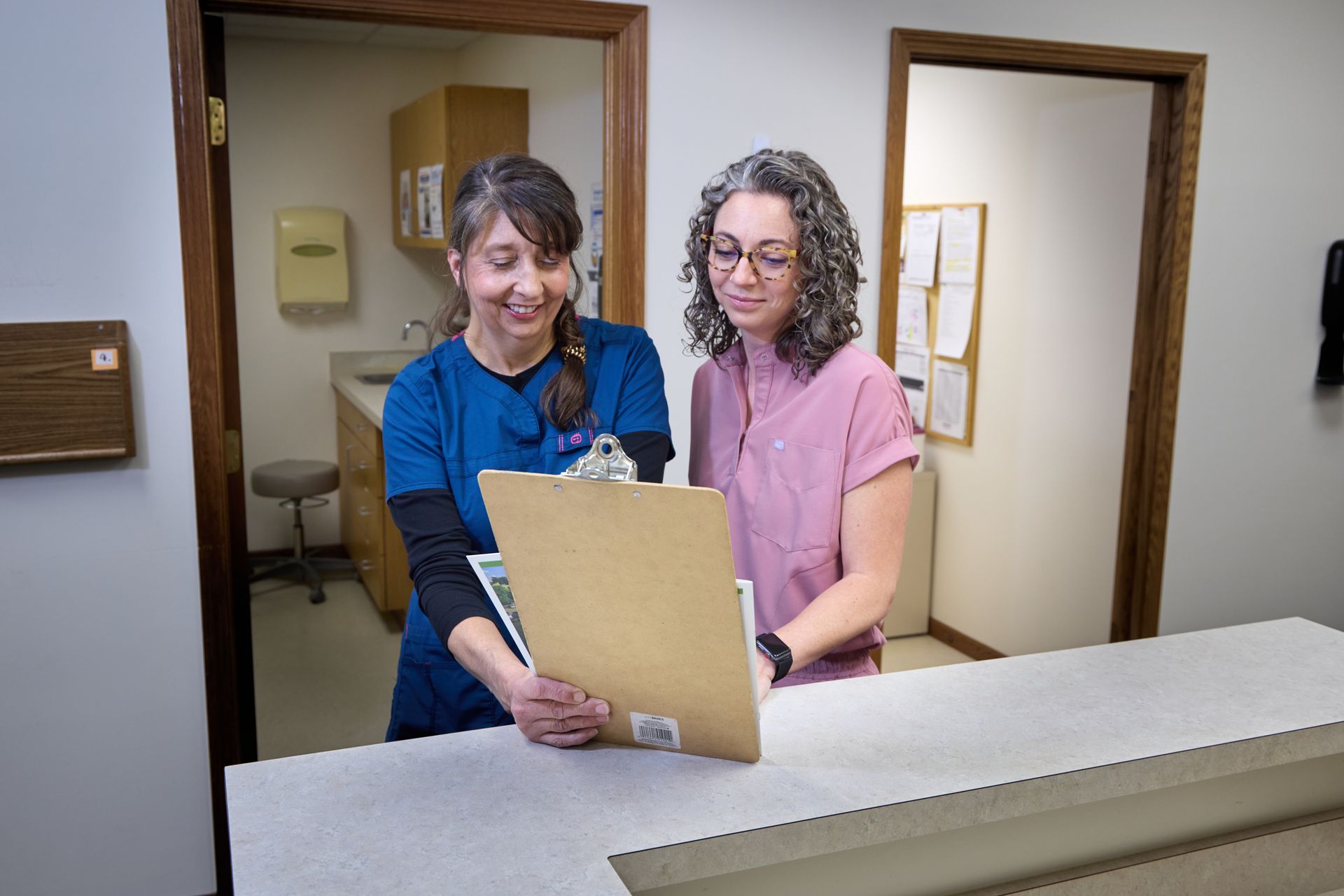Mammography 101

October is Breast Cancer Awareness Month, a month to remember that everyone is affected by breast cancer. Everyone?
While women make up the majority of breast cancer cases (breast cancer in men is possible, but rare), men are also affected when someone they know - wife, mother, sister, or friend, gets breast cancer.
How common is breast cancer? Statistically one in eight women will get breast cancer at some point in their lives. Do a quick calculation, how many women can you think of by name off the top your head? Family, friends, colleagues, church member, etc. Can you name 40 women? Divide that by 8; statistically five of those women you name will get breast cancer at some point in their life. That’s sobering. Now think, reader, if you are a woman, you could be one of those five; reader if you are a man, that could be your spouse.
The good news is there is a screening test that detects most breast cancer - a mammogram. It is essentially an x-ray of the breast that is interpreted by a radiologist (a physician specialized in interpreting medical imaging).The American College of Radiology recommends that for a women of average risk they get a mammogram every year after the age of forty (some women have higher than average risk, these women need to discuss with their primary care providers when they should start breast cancer screening). Unlike some cancers that grow slowly over several years, breast cancer can show up in just one year, making it important that women get an annual mammogram.
What role does breast exam play? Monthly self breast exam and an annual clinical breast exam are very important, but they don’t replace mammography. The goal of mammogram is to detect a cancer while it is still very small; the earlier the stage the better the survival rate.
A common question I’ve been asked is about the radiation. Similar to an x-ray, mammogram uses a low dose of radiation. The risk of getting breast cancer from a mammogram is very, very, low and the benefit of detecting a cancer early outweigh the risk. Are there other ways to screen for breast cancer? No; mammogram is the only tool that has shown a decrease in deaths from breast cancer. Sometimes a breast ultrasound or MRI is ordered to get another look at something that is seen on mammogram, but these cannot be used for breast cancer screening.
What happens if an abnormality is seen on the mammogram? Additional images will need to be obtained; with mammogram, ultrasound and/or MRI. Depending on the abnormality and how it is seen best a patient may need to proceed to a biopsy. A biopsy is a procedure that a physician performs to get a piece of the abnormal breast tissue. The piece of abnormal tissues is sent to a pathologist (a physician specializing in looking at body tissue) to evaluate and determine if the tissue is cancer. If the abnormality is seen only on mammogram the patient would have a needle localization procedure in the mammography room and then they would go to the operating room for the surgeon to perform a surgical biopsy. If the abnormality is seen on ultrasound, the biopsy would be performed with ultrasound without needing to go to surgery. These procedures can all be done at Pomerene Hospital.
If you would like more information about breast cancer screening, the mammography test or how to prepare for the test you can find answers to your questions as well as additional resources at: https://www.radiologyinfo.org/en/info.cfm?pg=screening-breast. To schedule an appointment, please call Pomerene Radiology Services at 330-674-1584, ext 4124.
Remember, breast cancer screening saves lives!










